Breaking
- MENU
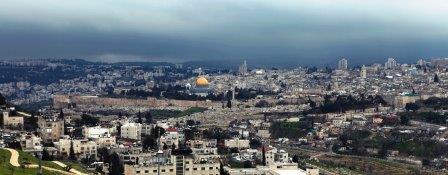
US Secretary of State Mike Pompeo’s sudden and unexpected announcement regarding Israeli settlements in the occupied territories not only runs counter to the international consensus but also overturns a bi-partisan American policy since the June War of 1967. Arguing that American policy has been ‘inconsistent’, Mr. Pompeo declared: “The establishment of Israeli civilian settlements in the West Bank is not, per se, inconsistent with international law” and that the status of the settlements and that of the West Bank would be “for the Israelis and Palestinians to negotiate.”
Settlements denote housing units that Israel built in the territories it had captured during the 1967 June War, in the Sinai Peninsula, Golan Heights, Gaza Strip, and the West Bank, including east Jerusalem. The activities began shortly after the war ended. First, Israel expanded its jurisdiction over the eastern part of Jerusalem, which was under Jordanian control before the war. Then, it began the construction of the first settlement on the Golan Heights, followed by similar moves in other parts of the occupied territories.
Presently there are about 130 legal settlements in the West Bank and another 100 unauthorised outposts where an estimated 400,000 Israelis live. Besides, about 200,000 Israelis live in 12 Jewish neighbour hoods in east Jerusalem beyond the June 1967 border. About 22,000 people live in the 32 settlements on the Golan Heights.
The settlements play an important role in Israel’s peace arrangements with its Arab neighbours. The Camp David Accords with Egypt led to the Israeli evacuation from the Sinai Peninsula and the demolition of the settlement of Yamit in 1982. The same was followed during the unilateral disengagement from the Gaza Strip in August 2005 when Israel pulled back about 8,000 settlers from 21 settlements. During the late 1990s, the Israel-Syrian negotiations faltered mainly over the settlement issue as Israel was not prepared to give up its strategic assets on Mount Hermon overlooking the Syrian capital.
Most Israeli political parties have contributed to the expansion of settlements in the occupied territories. Over the years, the settlement population has become the core support base of the right-wing parties in Israel.
Settlements are a major stumbling block in the Israeli-Palestinian negotiations. It means the expropriation of Palestinian lands and construction of a host of paraphernalia for the Israeli settler such as schools, hospitals, employment opportunities, malls, and above all, security arrangements and bypass roads. Initially, the settlements were built away from the Palestinian population centres, but gradually they were established closer to Palestinian towns and villages.
Contrary to Palestinian expectations, the Oslo process did not slow down the settlement drive and quarter of a century after the historic handshake on the White House Lawns, settlements, and settler population have only expanded. While Israel pulled out Palestinian towns, more lands are under Israeli control. The location of settlements closer to Palestinian population centres has broken the territorial continuity of a Palestinian state.
For long, the international community considers settlements to be a violation of the Fourth Geneva Convention. In a ruling issued in 2004, the International Court of Justice declared settlements to be illegal.
The Trump Administration’s policy shift on the settlements comes against the backdrop of its controversial decision concerning Jerusalem as Israel’s capital and Golan Heights as sovereign Israeli territory and shoring up support for the beleaguered Prime Minister Benjamin Netanyahu. Even after two rounds of Knesset elections in April and September, government formation has eluded Israel. Despite his indictment on corruption charges, Netanyahu is now arguing that he wants to form the next government only to annex the Jordan Valley.
Within days of the Trump Administration’s decision, the UN General Assembly passed a resolution reiterating Palestinian right to self-determination. With 165 countries, including India voting in favour, Israel was supported only by the US, Nauru, Micronesia, and the Marshall Islands.
India is a strong proponent of an independent and viable Palestinian state that coexists with Israel in peace and security. President Trump’s new move on settlements have further undermined the viability of the Palestinian state and has the potential to heighten tensions.
Note: This article was originally published in Swarajya on 4 December 2019 and has been reproduced with the permission of the author. Web Link
As part of its editorial policy, the MEI@ND standardizes spelling and date formats to make the text uniformly accessible and stylistically consistent. The views expressed here are those of the author and do not necessarily reflect the views/positions of the MEI@ND. Editor, MEI@ND: P R Kumaraswamy

Professor P R Kumaraswamy is Honorary Director of MEI@ND.

When peace is viewed as ‘surrender’, there is little one can accomplish. Without an effe.....

The magnitude of the missile attack on Israel carried out by Iran in the early hours of Sunday was u.....
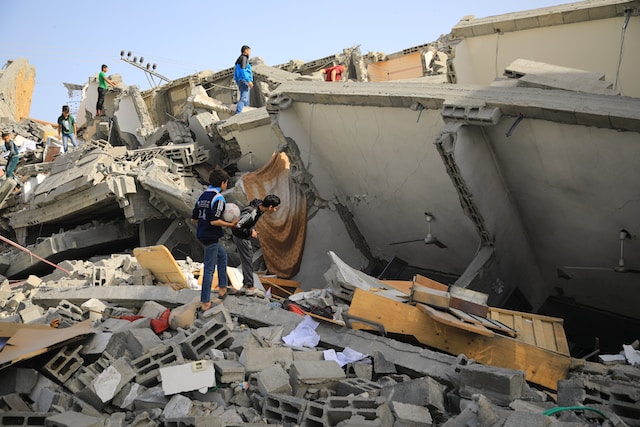
While the details are still emerging, the Hamas attacks from the Gaza Strip on Saturday were well pl.....
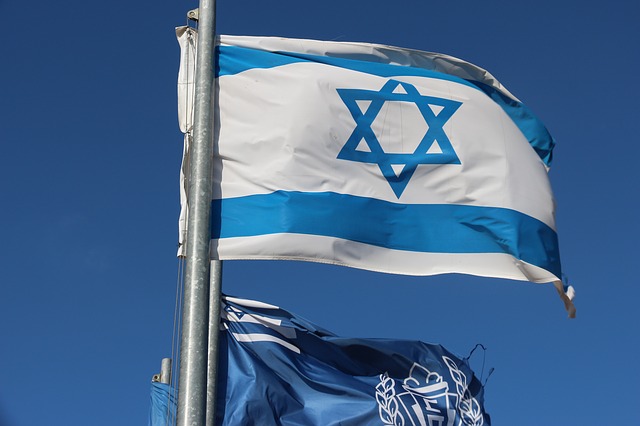
The Libyan controversy reminds us of the more significant problem facing Israel. While the scale and.....
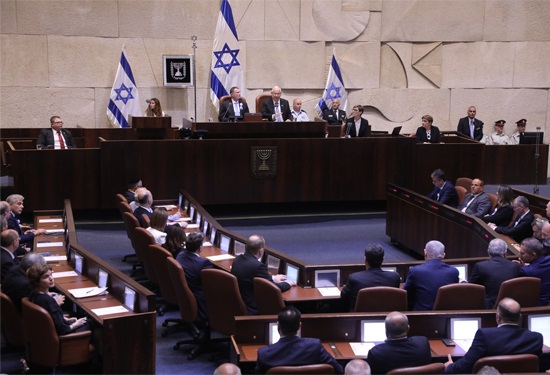
64-0! It should be an impressive vote in any country, especially in Israel, where a simple parliamen.....
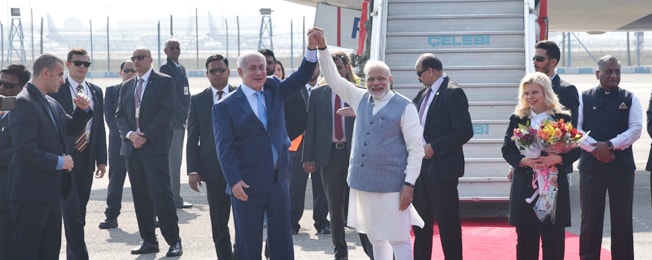
King Bibi is back! After one year in the Opposition, Benjamin Netanyahu, a close friend of Prime Min.....

Political instability is an integral and inseparable part of Israel’s landscape. For the fifth.....

Even by the Israeli standard of coalition fragility, the Bennett-Lapid government, which completed o.....
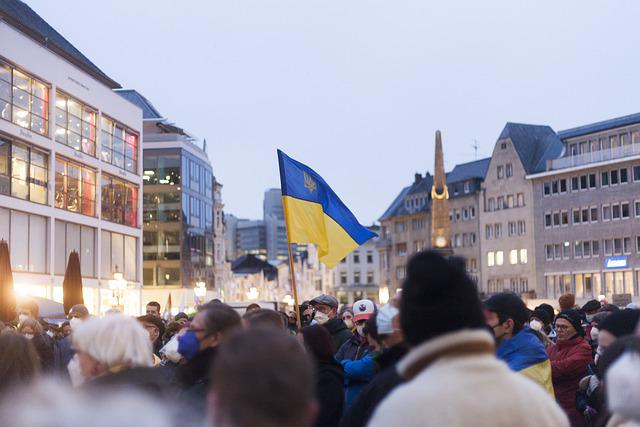
Soon to enter its fourth month, the Russian invasion of Ukraine has made irreversible damages to glo.....
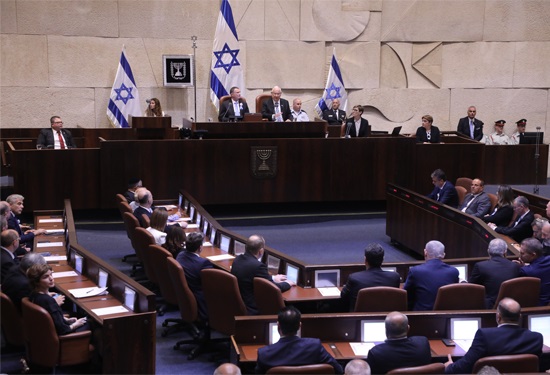
The visit of Israeli Prime Minister Naftali Bennett to India scheduled for last week had to be cance.....

The drone attack on Abu Dhabi on Monday (January 17) by the Houthi rebels marks a major escalation o.....
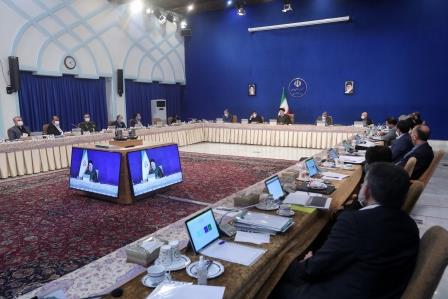
Of late, Israel-Iran shadow-boxing has been getting ominous. If Israel’s diplomatic offensive .....

In early November, Moscow hosted Mohammed Dahlan, a former right-hand man of Palestinian leader Yass.....

Nearly three decades after Prime Minister P V Narasimha Rao broke from the past and normalised relat.....

Earlier it was Pakistan and now China. So whatever India does and does not do externally has to be l.....

In several ways, the Taliban takeover of Afghanistan can be a game-changer in India’s worldvie.....
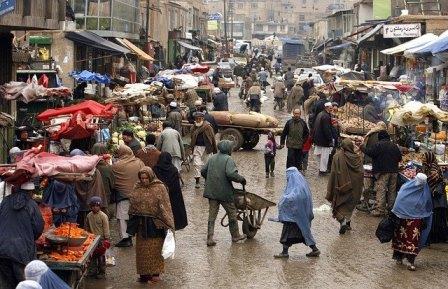
The Taliban takeover and its fallout exposed the limited diplomatic space for India in its immediate.....

Given the travel restrictions, local lockdown and sluggish economic revival, that over three lakh pe.....
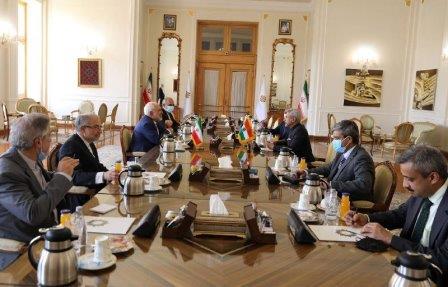
Since 2005, some critical decisions over Iran have been taken by the MEA’s US Division. So que.....
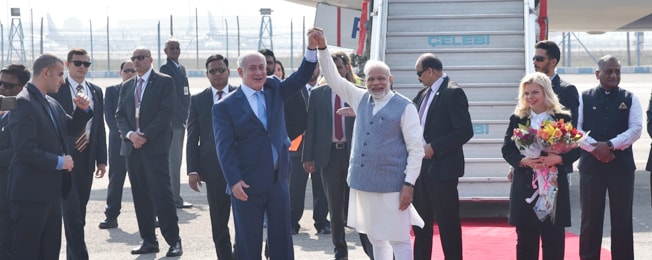
“Bibi dethroned”. This is the expression used in the Israeli media to describe the forma.....
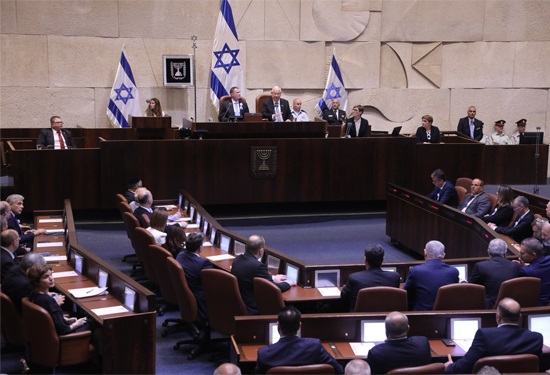
Despite having a woman prime minister in Golda Meir, female political representation in Israel has n.....
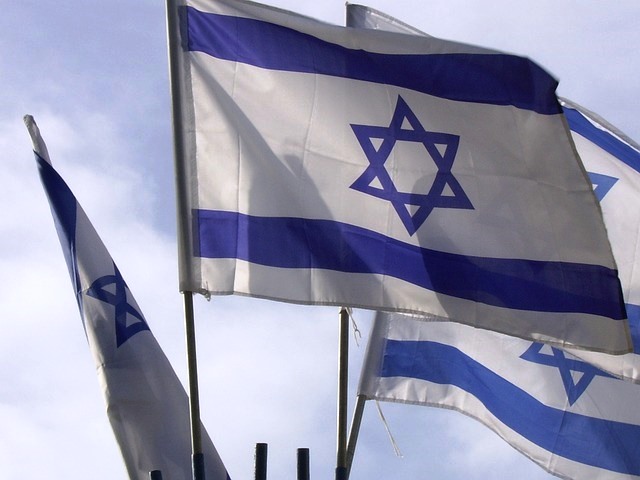
The most interesting aspect of the new Bennett-Lapid government in Israel is the emergence of Mansou.....
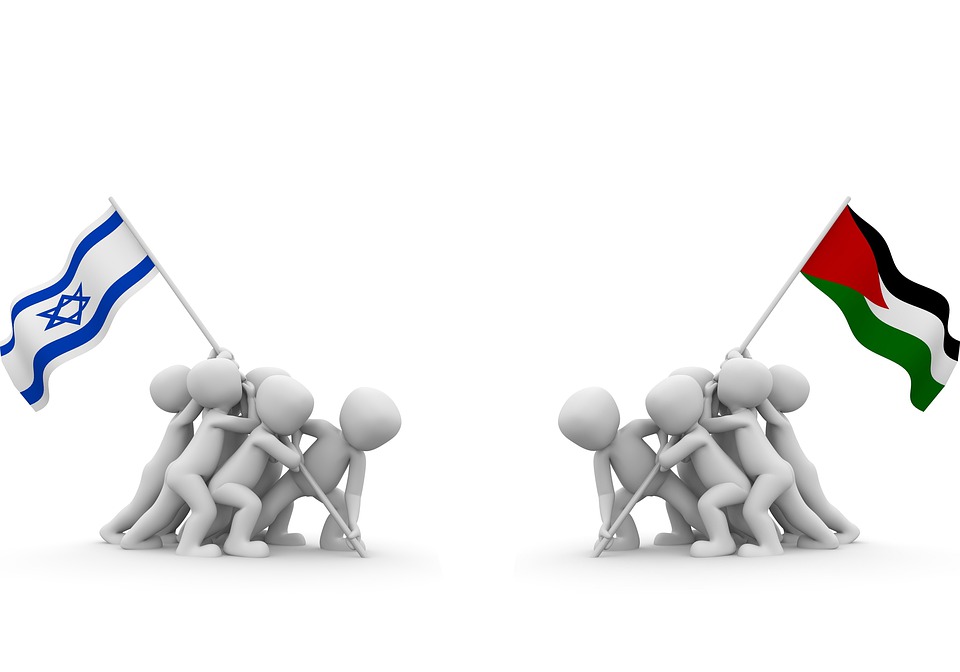
When it comes to mediating international crises, India’s track record is a mixed bag. In recen.....
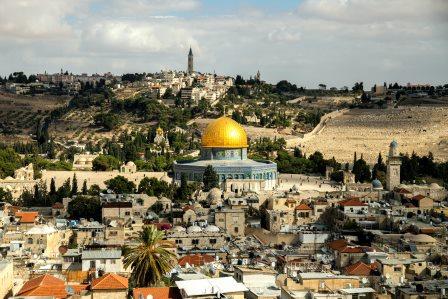
Going by the Israeli media, it is clear that the arm-twisting by the Biden Administration forced the.....

Indeed, Hamas is better placed today than it was in January 2006 and the current round of violence i.....

While the international community wants de-escalation and an early end to the conflict, the chances .....
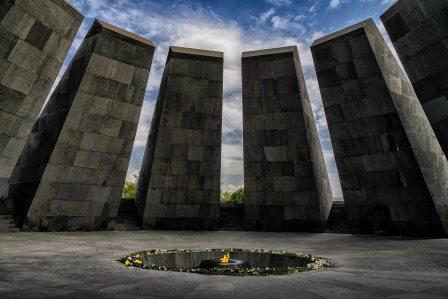
Ending the past silence, US President Joe Biden marked the Armenian Genocide Remembrance Day of Apri.....

The visit of Foreign Minister of Bahrain Abdullatif bin Rashid Al Zayani to India during 6-8 April r.....
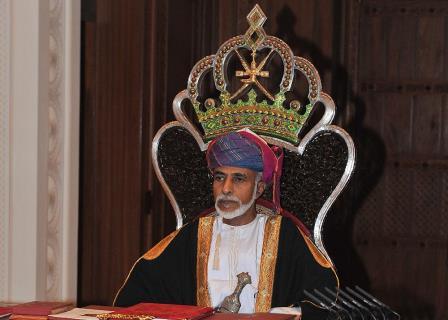
By posthumously bestowing the Gandhi Peace Prize for 2019 upon Sultan Qaboos of Oman, New Delhi seek.....
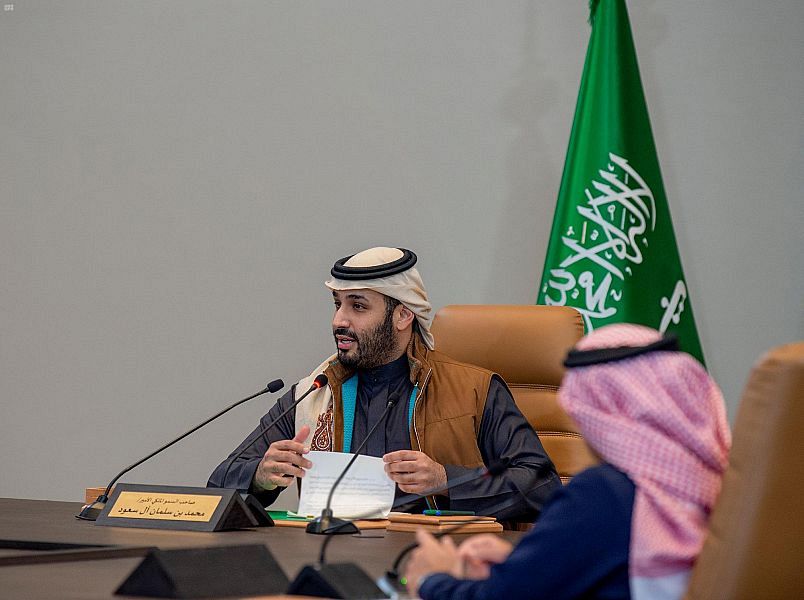
Much to the displeasure and discomfort of Saudi Crown Prince Mohammed bin Salman (more widely known .....
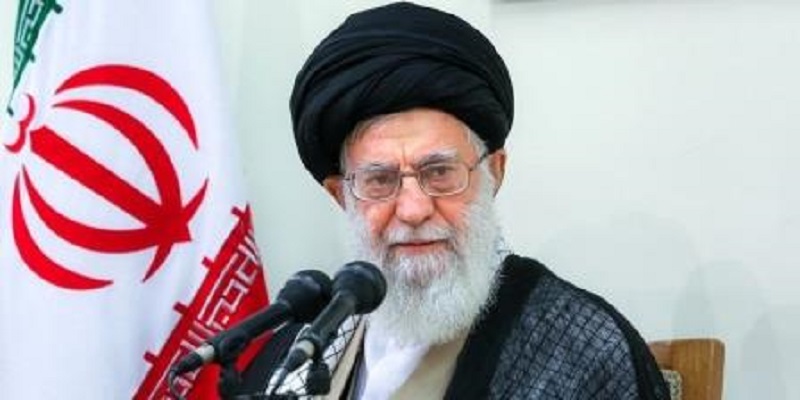
The nomination of Robert Malley, a veteran hand in Washington policy circles, as the Special Envoy f.....
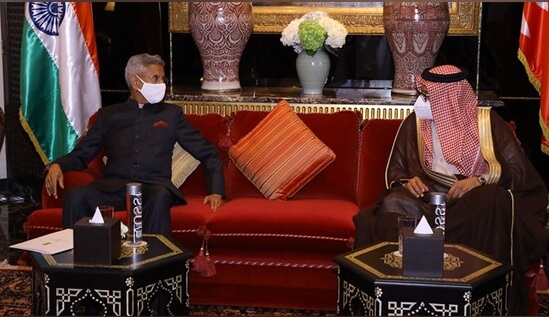
The two-day visit of External Affairs Minister S Jaishankar to the United Arab Emirates last week is.....
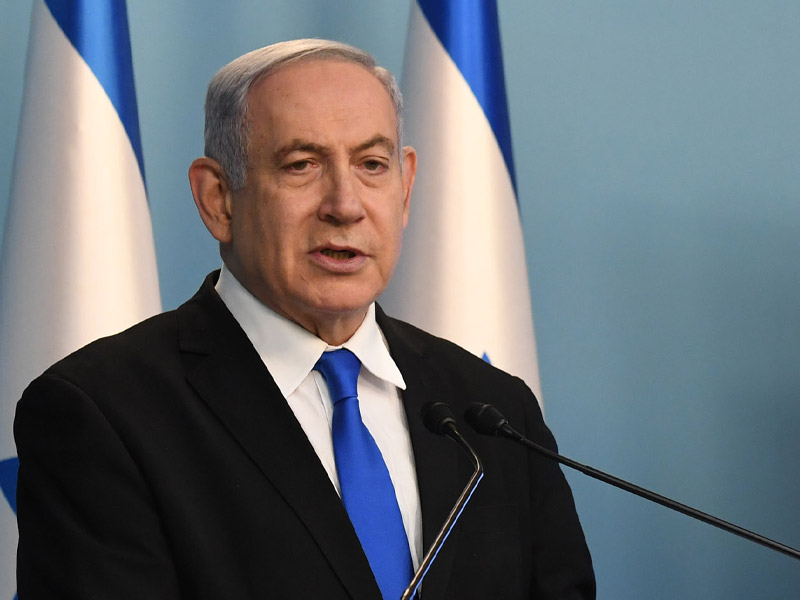
United Arab Emirates’ (UAE) decision to normalise relations with Israel is the most dramatic e.....
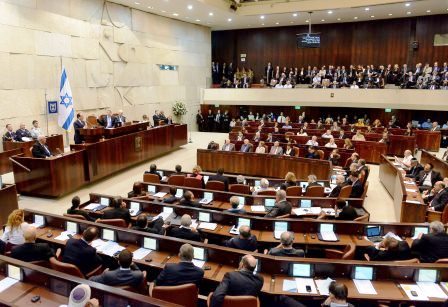
Declaring victory moments after the polling ends has become the hallmark of Benjamin Netanyahu; and .....
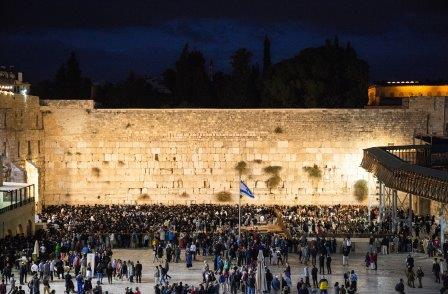
Israel went to polls for the 23rd Knesset on 2nd March. The third parliamentary elections within one.....
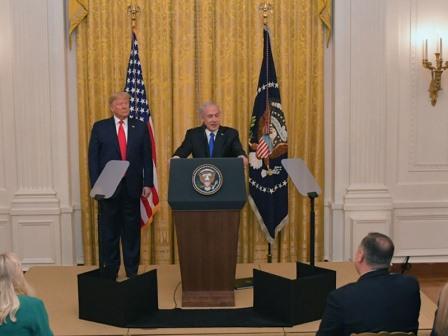
With possible removal from office hanging over their heads, US President Donald Trump and Israeli Pr.....

US President Donald Trump’s decision on imposing sanctions on Turkey has rocked the ever-turbu.....
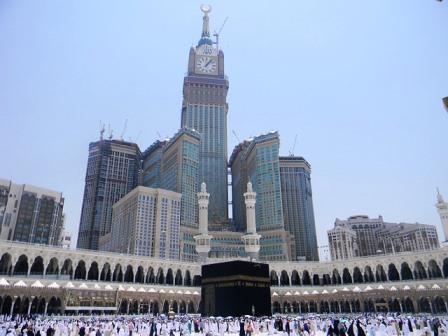
Prime Minister Narendra Modi’s two-day visit to the Kingdom of Saudi Arabia this week highligh.....
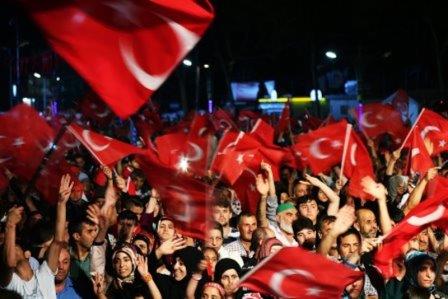
Prime Minister Narendra Modi's reported decision to postpone a planned visit to Turkey comes a c.....
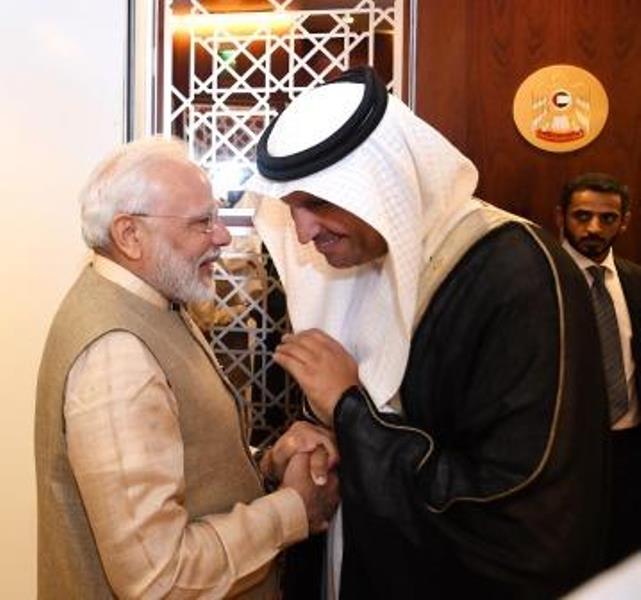
With the sole and notable exception of Pakistan, India's relations with the wider Islamic world .....
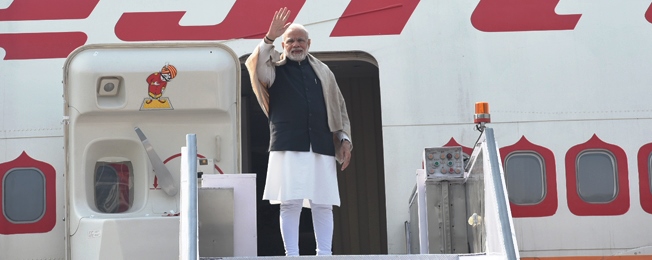
For a long time, India’s relationship with its extended neighbourhood in the Persian Gulf was .....
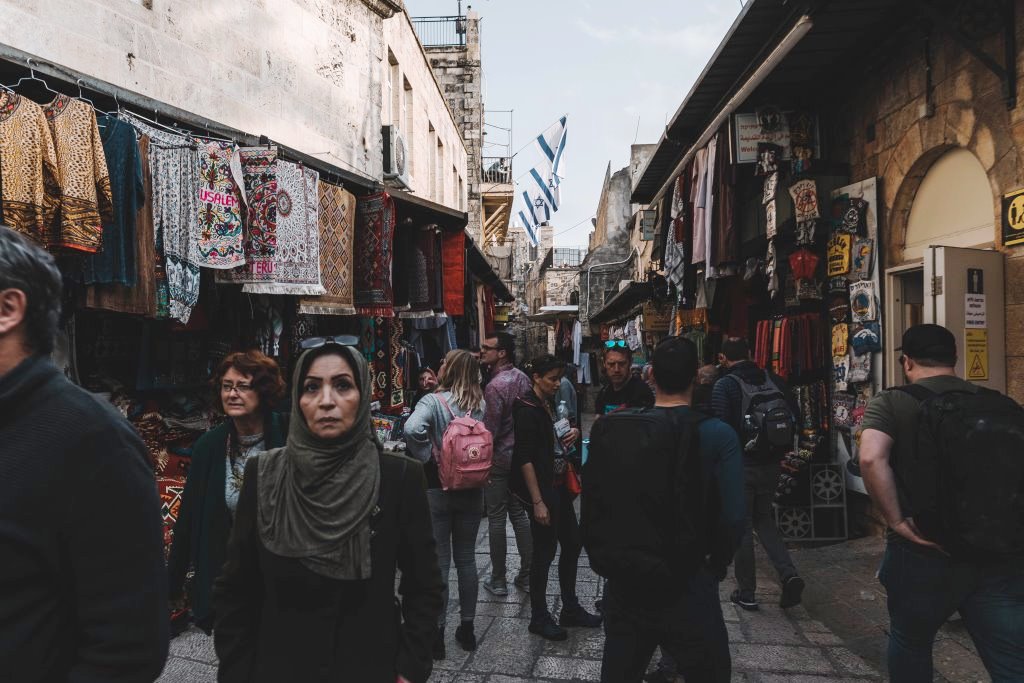
The Israeli legislative or Knesset election last week has turned out to be a rerun of the 9 April on.....
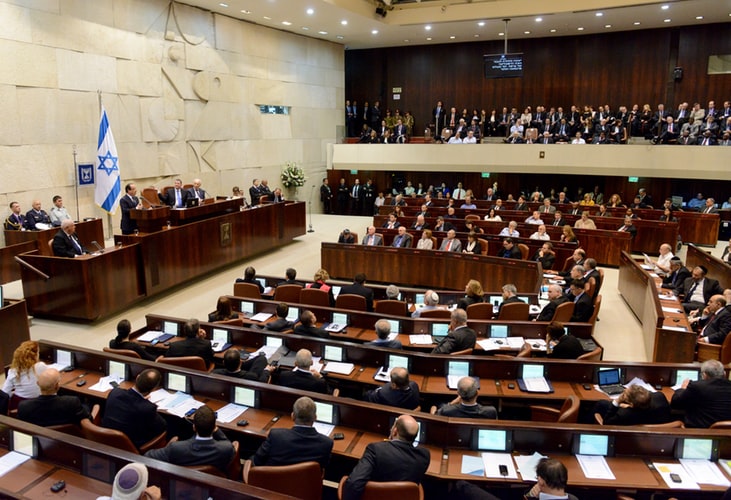
Will 2019 see a third Knesset election? This question is going rounds in Israel as it faces the seco.....
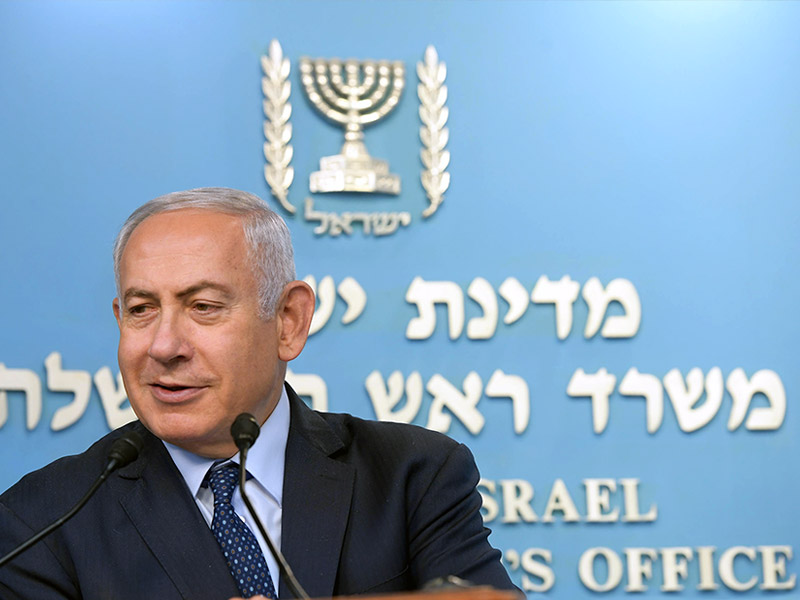
When he called Indian Prime Minister Narendra Modi to congratulate on his re-election with a landsli.....
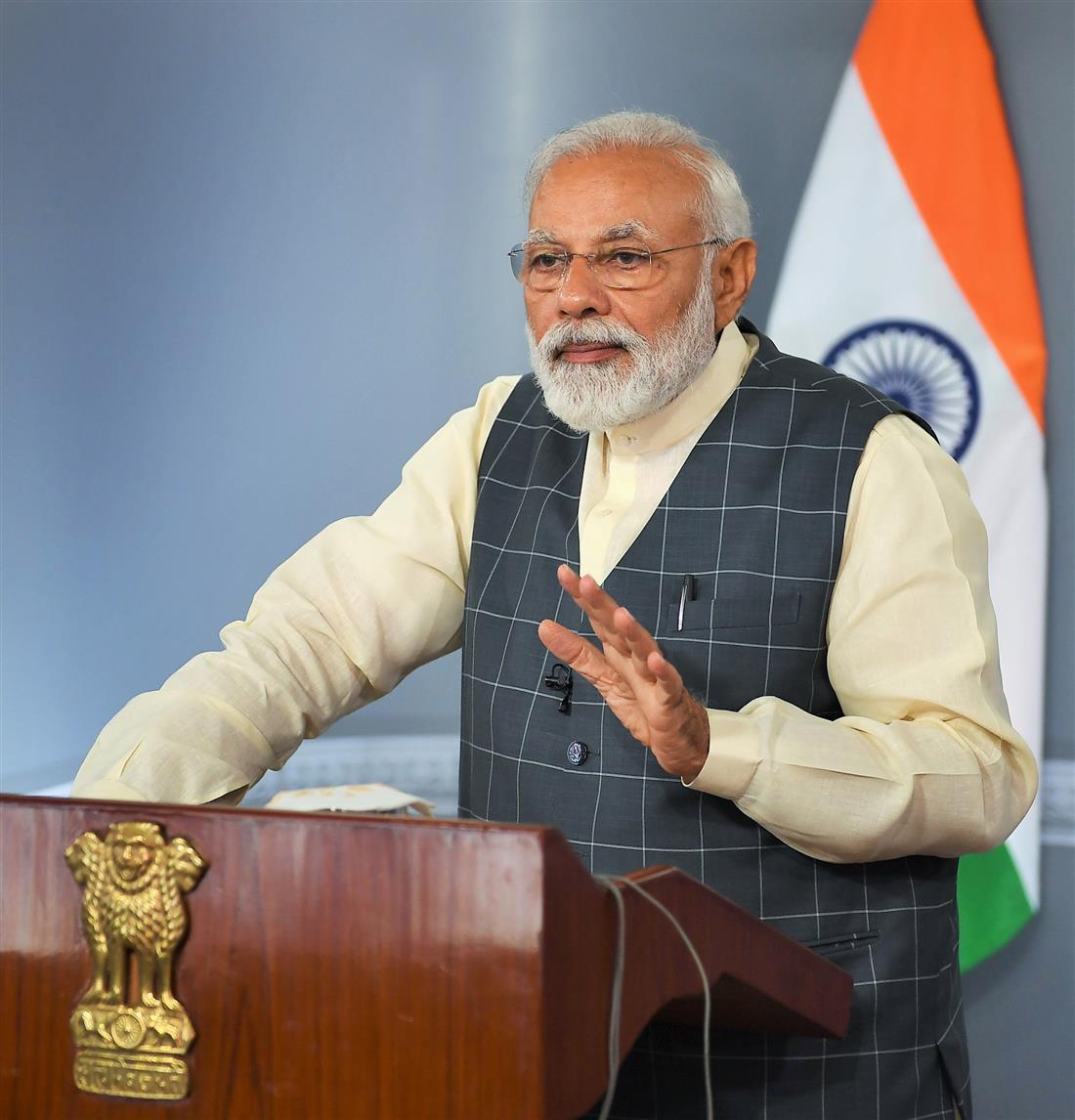
The resounding re-election of Prime Minister Narendra Modi is a blessing for India's relat.....
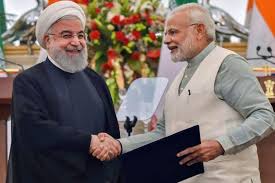
Iran is back in the news and for all the wrong reasons. It has been the unnecessary third .....
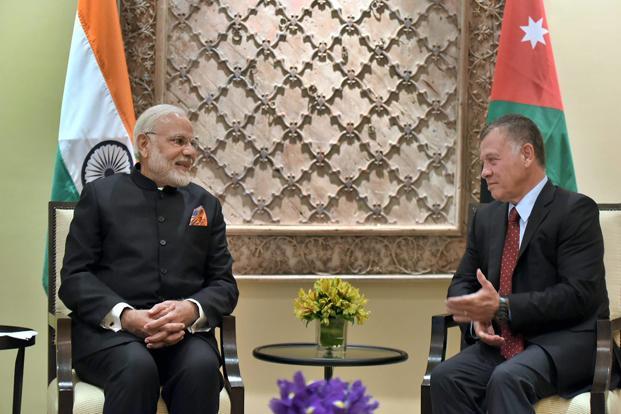
During the close to a century of its existence, the Hashemite Kingdom of Jordan has been, as former .....

In their eagerness to focus on and flag the de-hyphenation of the traditional Israel-Palestinian bin.....
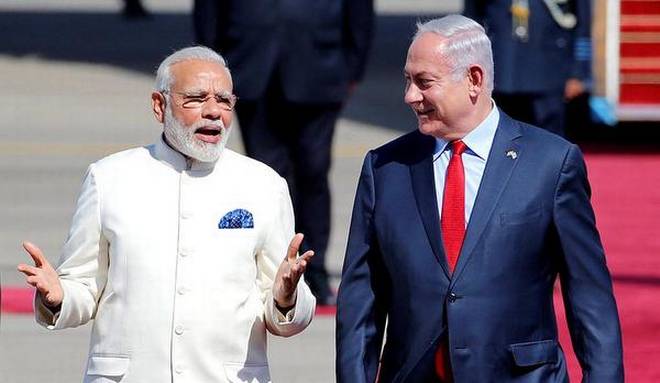
In the closely scrutinised India-Israel relationship, there is little in the public domain that rema.....
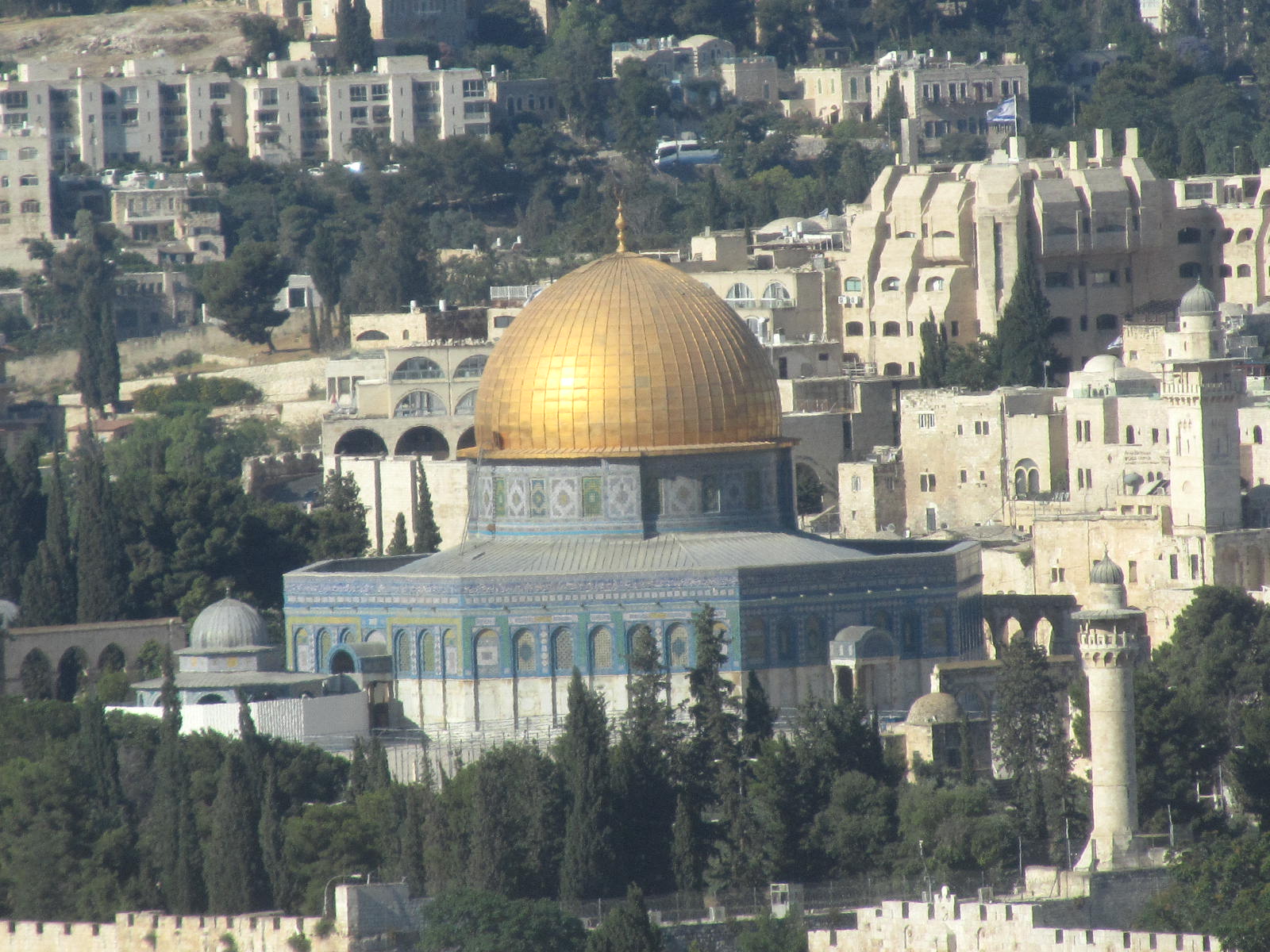
You know what, it will go to the dustbin’ my articulate friend was blunt, brutal but.....

Balfour Declaration, A Century Later If one were to make a list of the most influential.....
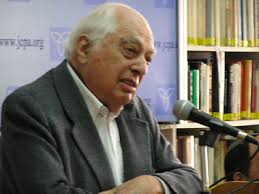
Professor Bernard Lewis—a towering personality on the Middle Eastern academic landscape—.....

B orn in Poland on 2 August 1923, Szymon Persk who later Hebraised his name as Shimon Peres was the leader.....
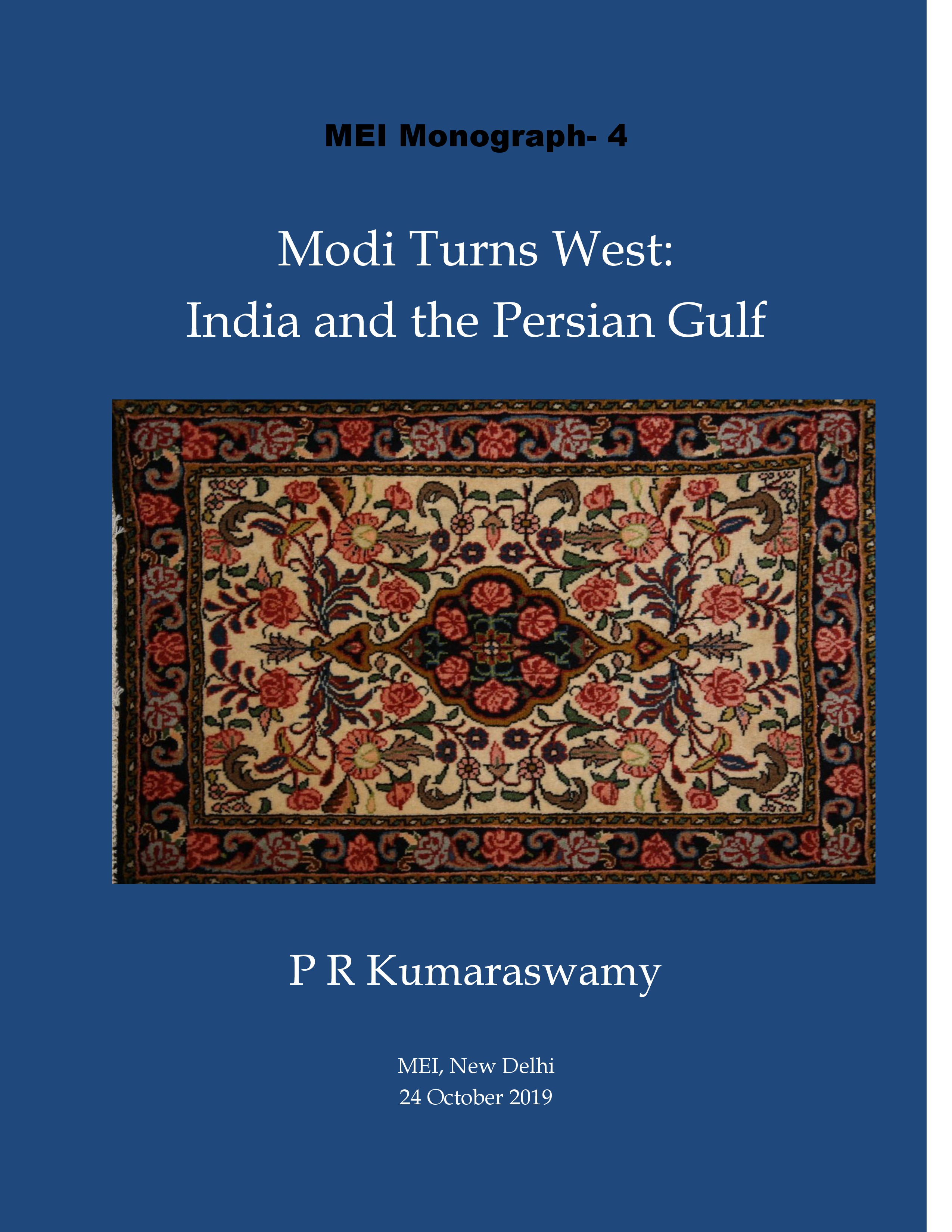
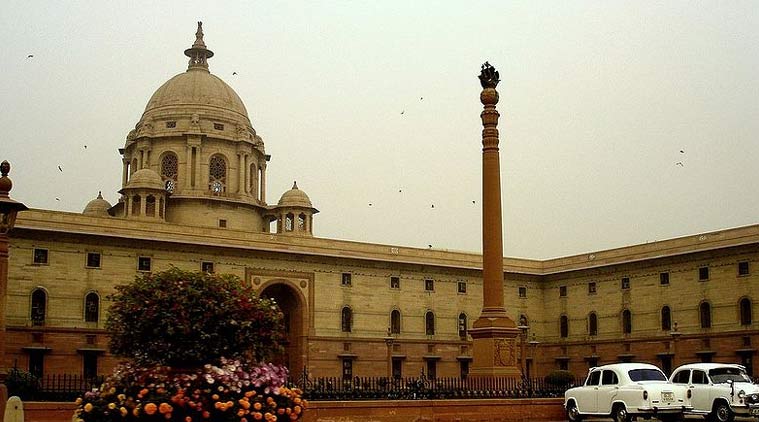
W hat What began as a protest by a marginalized vegetable vendor in Sidi Bouzid in Tunisia soon spread lik.....
